What we Offer
Corporate Fixed Deposits (CFDs) are financial instruments offered by non-banking financial companies (NBFCs) and some corporations to investors looking for higher returns than traditional bank fixed deposits. They function similarly to bank fixed deposits but are issued by corporations rather than banks.
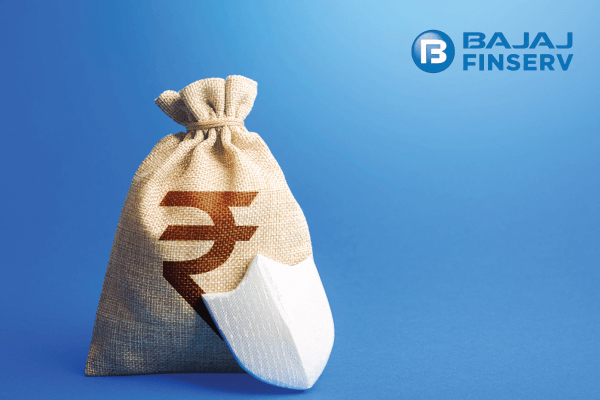
Bajaj Finance FD
The Bajaj Finance Fixed Deposit Schemes are drafted with utmost agility and attention to detail. The Bajaj Finance Fixed Deposit rates are investment-friendly and flexible.
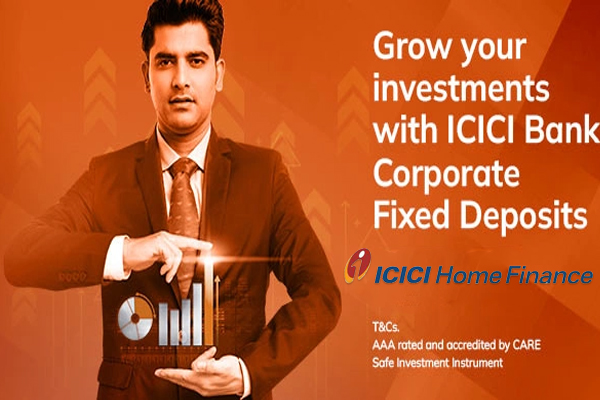
ICICI Home Finance FD
ICICI HFC is an ICICI Bank subsidiary that specializes in housing loans. ICICI HFC offers fixed deposit (FD) products with terms ranging from one to five years. The products use cumulative interest (compounding yearly) to provide clients with higher returns. There are also monthly and quarterly compounding FDs available.
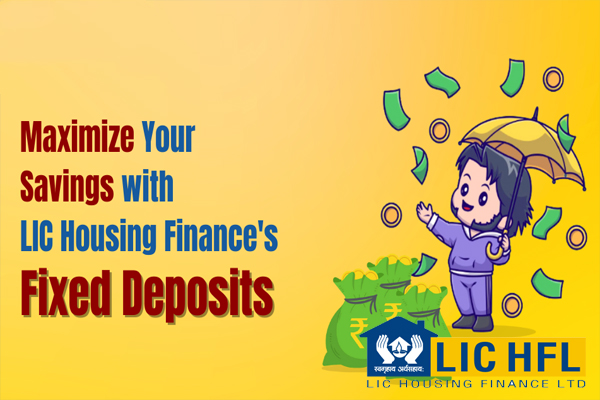
LIC Housing Finance FD
LIC Housing Finance Limited (LIC HFL), one of the biggest housing finance companies in India, offers a number of Fixed Deposit schemes to suit the needs of every type of investor. LIC Housing Finance FD is offered under the Sanchay scheme. LIC offers competitive interest rates and a good rate of return on the overall investment, among other benefits.
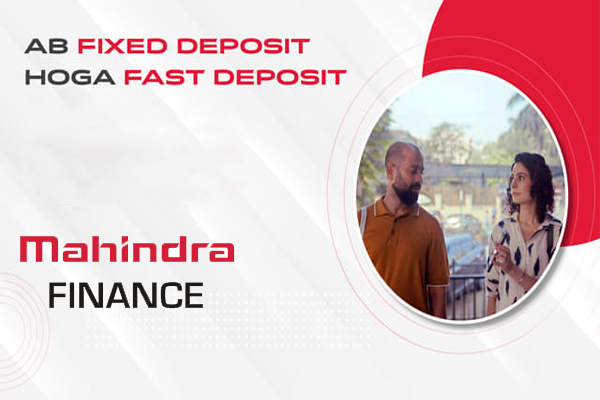
Mahendra Finance FD
Secure your future with India's most popular investment product - Fixed Deposits. With highest-safety, high-interest rates, flexible interest pay-outs, and varied tenures, you can plan with confidence and book your Fixed Deposit today. Say goodbye to financial worries and hello to a brighter tomorrow with Mahindra Finance FDs!
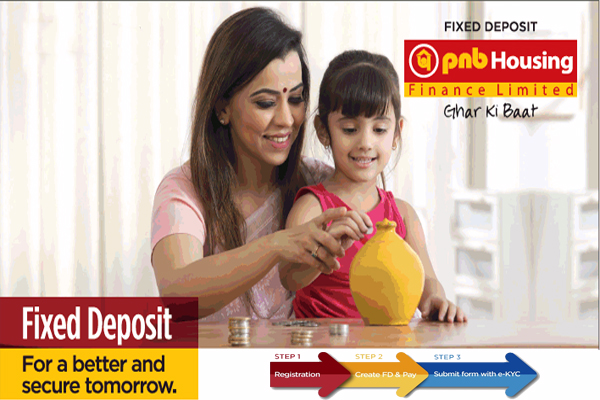
PNB Housing Finance FD
PNB Housing's Fixed Deposits have received the FAA+ rating by CRISIL. The rating determines the security level as well as a risk factor. PNB Housing Finance is one of the safest financial institutions for Fixed Deposits.
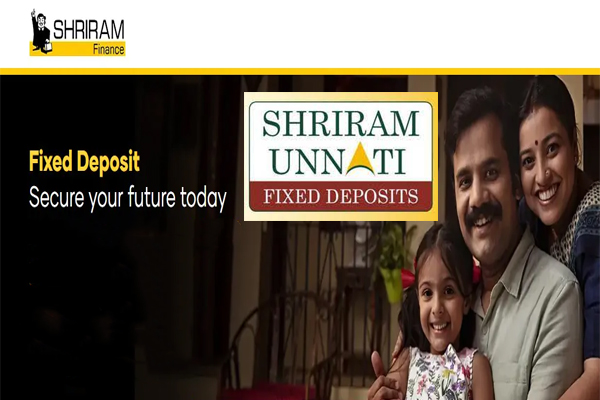
SRIRAM Unnati/Siddhi FD
Largest retail NBFC in India and fourth largest non-bank financier (including HFCs) Shriram Finance Limited, a leading non-banking financial company (NBFC) in India, offers a lucrative investment opportunity for corporate investors – the Shriram Unnati Fixed Deposit scheme.
Disclaimer: All third-party product, company names and logos are trademarks™ or registered® trademarks and remain the property of their respective holders. Use of them does not imply any affiliation with or endorsement by them.
Advantages of FDs
Fixed deposits are a popular investment option offered by banks and financial institutions. They provide a guaranteed rate of return for a fixed period, making them a low-risk investment choice.
Interest Rates
Interest Rates: CFDs typically offer higher interest rates compared to bank fixed deposits, making them attractive to investors seeking higher returns.
Tenure
Tenure: The tenure of CFDs can vary from a few months to several years, offering investors flexibility in choosing investment durations.
Minimum Investment
Minimum Investment: While minimum investment amounts vary, they are generally higher than bank fixed deposits, making CFDs more suitable for investors with larger sums to invest.
Credit Ratings
Credit Ratings: Before investing in CFDs, consider the credit ratings of the issuing company to assess the risk. Higher-rated companies are generally considered safer investments.
Higher Returns
Higher Returns: CFDs typically offer higher interest rates than bank fixed deposits, potentially providing investors with greater returns on their investments.
Diversification
Diversification: Investing in CFDs allows investors to diversify their portfolios beyond traditional bank deposits, potentially reducing overall risk.
Flexible Tenure
Flexible Tenure: CFDs offer a range of tenure options, allowing investors to choose investment durations that align with their financial goals.
Taxation
Taxation: Interest earned on CFDs is taxable, and investors should factor in tax implications when evaluating returns.
Eager to hear from you
Investing in corporate fixed deposits (FDs) can be a good option for those seeking relatively higher returns compared to traditional bank FDs. Kindly fill in your details so that we can reach you.
Frequently Asked Questions
Explore our Frequently Asked Questions to find answers to common queries about our services, account management, and trading processes. Whether you're curious about account opening procedures, fee structures, or technical support, our FAQs provide clear and concise information to help you navigate your trading journey seamlessly. If you have specific questions not covered here, our support team is always ready to assist you further.
There will be absolutely no changes for the existing deposits as the specific company's are obliged to pay the contracted rate till its maturity as per the current rules.The revised rates will apply only to fresh deposits and renewals made on or after the date from which the new rates are applicable.
The returns from Corporate FDs are added to your income and taxed according to the tax bracket your income falls in. For instance, if your income is Rs. 5 lakh and you get Rs. 1 lakh returns from an FD, your total taxable income becomes Rs. 6 lakh. Senior citizens however do get a tax deduction of up to Rs. 50,000 on the interest earned on the FD.
For the tax deducted at source, Tax deduction certificates in the prescribed Form 16A giving details of the tax remitted to the Govt. etc. will be sent on quarterly basis if the deposit is under quarterly scheme, half-yearly basis for deposit under half yearly scheme and at the end of the year in case of Yearly scheme and cumulative deposits. TDS certificate in Form 16A are generated quarterly on the basis of details provided in the quarterly TDS statement filed by the deductor of Tax in TIN (Tax Information Network). For deduction of tax at source, TDS certificate in Form 16A will be generated by the company through TIN central system and which is downloaded from TIN website with a unique TDS certificate number and shall be authenticated by using the digital signature.
In a cumulative FD, the interest amount is compounded over the deposit term and paid at maturity. Whereas, in a non-cumulative FD, the interest amount is payable on a monthly, quarterly, half-yearly, or yearly based on the tenure chosen. The point of differentiation between the two is the periodicity of interest payments.
Yes, a Trust may invest in our deposits.
If the trust is not registered OR not willing to be registered in future, a letter duly signed by Authorized Signatories stating the Trust is not registered & not willing to be registered in future is required. Please note Shriram Finance Limited is not registered U/S 11(5) of income tax act, hence Charitable Trust may invest in the FD of the Company at THEIR OWN RISK.
Please also note that all Trust investments are not exempted under the Indian Income Tax Act, 1961. There are different types of Trusts. Private trusts shall be treated like any individual for accepting deposits in our Company.
Some Trusts get specific tax exemption/lower tax rate on investments applicable to our Company, so such specific exemption letter from the Income Tax Department is needed along with the investment.
However, Charitable Trusts are those which have to register themselves u/s -12AA of the Income tax Act 1961. The income of such trusts is completely exempt from income tax provided that they strictly comply with the provisions of Sections 11 to 13 of the Income tax Act. One of the conditions prescribed by the Act is in respect of the forms and modes of investing or depositing the funds as per Sec.11 (5).
Deposits and debentures of Shriram Finance Limited do not come under the various avenues of investment mentioned in Sec.11 (5). Any charitable trust which does not invest the funds in any form and mode mentioned in that Section will lose the exemption granted to them.
As the name suggests, a Corporate Fixed Deposit is an FD scheme offered by corporates. RBI has licensed select Non-Banking Financial Companies (NBFCs) to take deposits from the general public.
Just like regular FDs, Corporate FDs are also conservative investment options. The company may use your fund for its expansion activities or for lending to its borrowers, but the interest rate is fixed and not dependent on how the company performs in the stock market.
Opting for a corporate FD comes with certain risks as you could lose your money, including the interest earned, in case the company defaults. Hence, the risks associated with Corporate FDs are higher when compared to regular bank FDs. Therefore, it becomes imperative to research well about the company before investing.
Identity Proofs:
- PAN Card
- Aadhaar Card
- Passport
- Driving Licence
- Ration Card
- Aadhaar Card
- Passport
- Driving Licence
A couple of passport-sized photos are also required.
The minimum tenure for a company FD typically ranges from 7 days to one year, depending on the company’s policy.
The mode of interest payment for company FDs can be either monthly, quarterly, half-yearly, yearly, or at maturity, varying from company to company.
It is vital to look at the credit rating of the company offering the FD before choosing one. A better credit rating may indicate lesser risk.
Peerless Securities has partnered with  for its charting technology. A comprehensive trading platform offering market data and analytical tools like stock screeners and economic calendar to track key financial events.
for its charting technology. A comprehensive trading platform offering market data and analytical tools like stock screeners and economic calendar to track key financial events.












